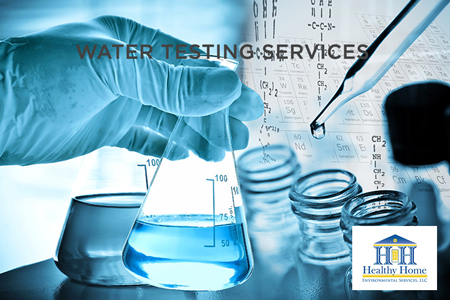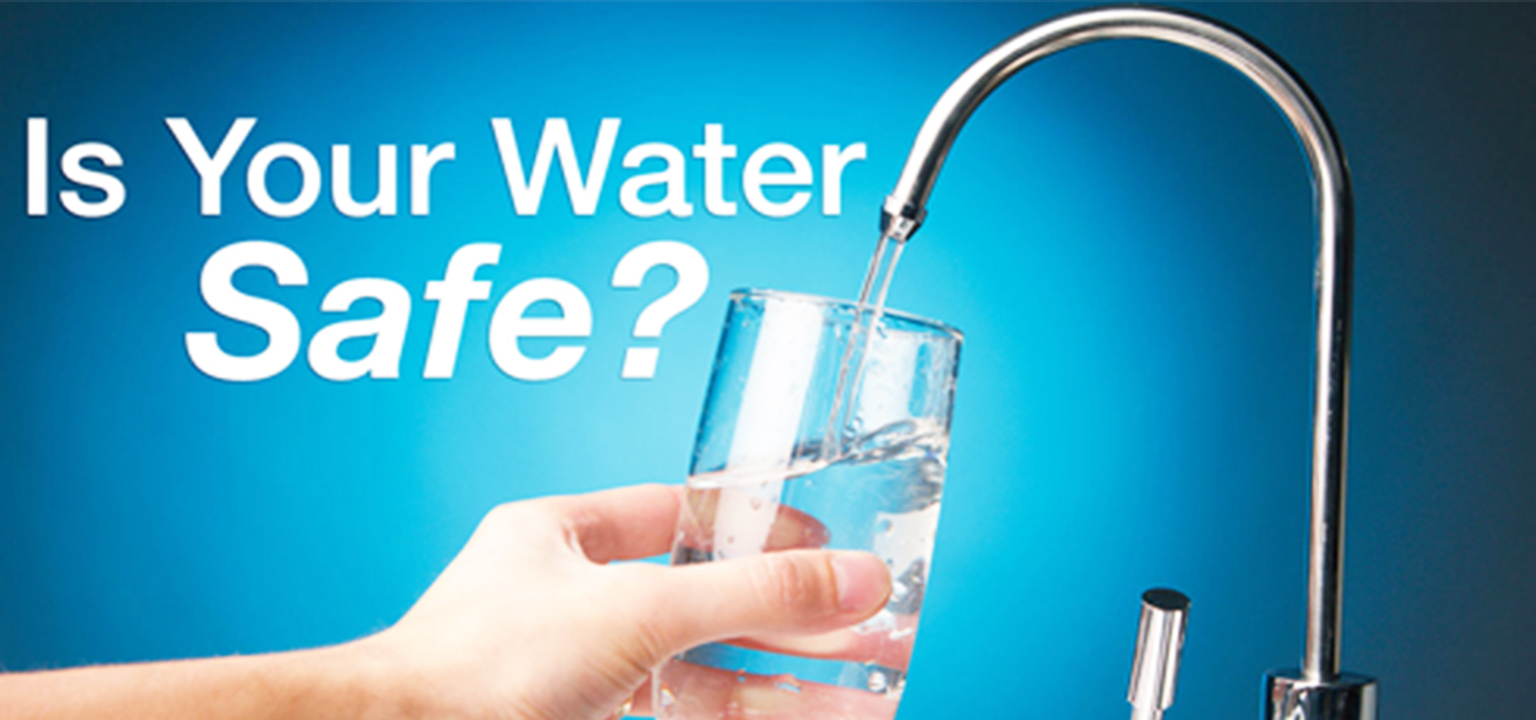Learn Exactly How Water Testing Can Discover Pollutants and Safeguard Your Household's Health
Comprehending the significance of water testing is important for safeguarding your family members's health, as our water system can harbor unseen dangers. From bacteria to heavy metals, impurities present serious dangers, usually undetected without correct evaluation. By exploring the mechanics of water screening, one can uncover the invisible risks lurking in apparently excellent water sources. How do you identify which tests are required for your home, and what steps should be taken when potential risks are revealed? As we browse these inquiries, the path to making certain water safety and a much healthier living atmosphere comes to be more clear.
Relevance of Water Examining
Acknowledging the essential function water plays in maintaining life, the value of water testing can not be overemphasized. Guaranteeing that water is cost-free from hazardous substances is critical for maintaining healthy areas and communities. Water Tesing Services Orlando.
Water screening works as a proactive measure to identify prospective hazards that may endanger water high quality. Through systematic analysis, it helps spot physical, chemical, and organic specifications that can pose threats to human wellness. Regular screening allows for the very early detection of problems, assisting in timely treatments to avoid extensive contamination and linked wellness troubles.
Moreover, water screening sustains regulative compliance, making certain that water companies satisfy well established safety standards and standards established by governmental authorities. It fosters transparency and liability, building public count on the supply of water system. Screening provides beneficial data that educates water administration strategies, enabling lasting use and conservation of this precious source.
In essence, water testing is an indispensable device that safeguards public health and wellness, ensures regulative adherence, and advertises the lasting monitoring of water sources. Its significance in safeguarding both people and neighborhoods can not be ignored.
Typical Water Contaminants
Amongst the different components that can compromise water high quality, common water impurities include a variety of physical, chemical, and organic compounds that present considerable dangers to human health and wellness and the atmosphere. Physical pollutants typically include sediments or natural materials put on hold in water, which can affect quality and taste. Chemical impurities incorporate a large array important, including pesticides, herbicides, steels like lead and mercury, and commercial chemicals. These chemicals can penetrate water products via farming runoff, commercial discharges, or seeping from pipes and tank.
Organic contaminants, largely bacteria, viruses, and protozoa, develop from human and animal waste going into water supply. Virus such as E. coli, Giardia, and Cryptosporidium are well-known for creating gastrointestinal health problems and can be especially hazardous to little ones, the senior, and those with jeopardized body immune systems. Nitrates and nitrites, typically originating from fertilizers, pose another health danger, especially to babies, potentially bring about problems like methemoglobinemia or "blue infant disorder."
Furthermore, arising contaminants, consisting of pharmaceuticals and individual care products, have actually elevated worries due to their persistence and unidentified lasting effects. Understanding these impurities is have a peek at these guys essential for applying effective water treatment strategies and guaranteeing risk-free drinking water.
Exactly How Water Screening Functions
Recognizing the spectrum of impurities in water highlights the value of effective testing techniques to protect public health and wellness. Water testing is an organized procedure made to determine and evaluate different contaminations that might position dangers to human health.
Once examples are gathered, they undergo lab analysis using numerous strategies. Chemical testing commonly entails spectrometry or chromatography, both of which can determine and gauge details chemical compounds. For microbiological testing, techniques such as membrane purification or enzyme substrate tests are made use of to detect pathogenic bacteria. In addition, physical features like shade, turbidity, and ph are evaluated to supply insight into the general top quality of the water.
The accurate techniques utilized in water screening depend upon the specific contaminants of worry and the water's meant use. webpage By regularly applying these rigorous screening procedures, scientists and public wellness authorities can guarantee the safety and top quality of water, therefore securing neighborhoods from prospective health risks.
Picking the Right Test
How does one identify the most suitable water test for their demands? Selecting the appropriate examination involves recognizing both the details features of the water source and the potential impurities that might exist. The initial step is assessing the water source-- be it local, well, or surface area water-- as each has distinctive risks. Metropolitan water may need screening for disinfectant by-products, while well water might need screening for nitrates, microorganisms, and hefty metals.
Next, consider ecological aspects and current events. Nearby agricultural tasks might demand screening for chemicals and herbicides, whereas commercial areas can need look for chemical toxins. Furthermore, any type of adjustments in water smell, taste, or appearance should prompt particular screening for common impurities like lead, chlorine, or biological pathogens.
Specialist water screening services use detailed kits that target a large range of possible impurities. These kits frequently align with criteria set by the Epa (EPA) or regional wellness departments. For a much more customized strategy, consulting with a water high quality professional can provide insights right into which certain tests are needed based upon local worries and specific wellness needs, making sure the defense of your house's health.

Preserving Water Safety

Along with screening, proper upkeep of water systems plays a vital function. This consists of inspecting and servicing pipes systems, storage tanks, and septic tanks to stop leakages or backflow that might present impurities - Water Testing Service. Using water purification systems designed to deal with certain neighborhood concerns can additionally secure versus impurities, supplying an added layer of defense
Public understanding and education are similarly vital in keeping water safety and security. Communities should be informed regarding prospective risks related to local water sources and the necessary steps to alleviate them. Urging public engagement in water safety and security efforts promotes a cumulative obligation that improves overall efficiency.
Eventually, a detailed method that integrates routine screening, system maintenance, and community involvement is vital in guarding water top quality. By doing so, family members can be ensured of safe and tidy water, securing their health and well-being.

Verdict
Normal water screening is necessary for determining contaminants such as germs, hefty metals, and chemicals that pose wellness dangers. By examining water examples, hidden hazards can be spotted, making certain the stipulation of safe alcohol consumption water.
Recognizing the significance of water testing is important for securing your household's wellness, as our water supply can harbor unseen risks.Water testing offers as a positive measure to recognize prospective hazards that may compromise water high quality.Additionally, water screening supports regulative compliance, making certain that water suppliers meet well-known safety and security requirements and standards set by governmental authorities. Metropolitan water could call for screening for disinfectant results, while well water might need testing for nitrates, germs, and heavy steels.
Normal water screening is an essential component in preserving the quality of water sources, making it possible for timely treatments prior to impurities get to dangerous degrees.